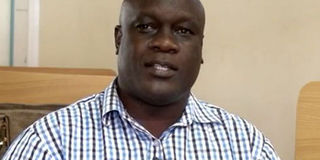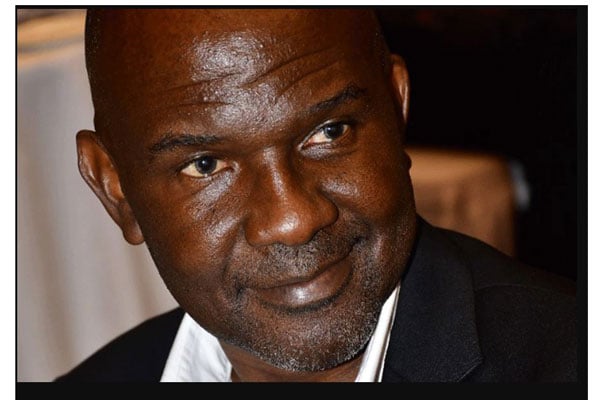Did Miss Uganda Abenakyo graduate or not? So what?

Odoobo C. Bichachi
What you need to know:
- Lost opportunity. An opportunity was presented to set the record straight when the university spokesperson offered an explanation to the reporter through a chat (solicited or unsolicited). What the reporter and editor needed to do was to take advantage of digital technology that allows one to make changes to a story as many times as new information comes in.
The story about reigning Miss Uganda Quiin Abenakyo titled ‘Abenakyo wasn’t on Makerere graduation list’ published January 22 on one of NMG-Uganda online platforms www.sqoop.co.ug drew the ire of many readers. In the running thread on the website and Facebook, many readers questioned not just the accuracy of the story, but the motive as well – the so what?
The story seemed to cast doubt on the “public” graduation of the beauty queen. It read, inter-alia “…taking a critical look through the 69th graduation booklet, we could not trace Abenakyo’s name on the list of those that graduated with Bachelor of Business Computing from Makerere University Business School. Perhaps she uses different names for her academic credentials, who knows!”
I will quote the comments of two or three readers starting with Vicky S. Kagona who wrote: “To think that such negative reporting is coming from a #national paper is very shaming. The best thing you ought to have done is go get facts from MUK itself and establish why they recognised her and yet her name wasn’t in the grad book. At least with that, your reporting is fair enough. So what is your point in this? To malice the young lady? Problem we have in Uganda is that most media reporters are #wanabes and frustrated failures who can’t even afford a meal but all they ever do is practise PhD [Pull Her Down] on others. Shame, Shame, Shame!”
Jackson Sunny Ssekadde wrote: “I guess your worries here should be, did she qualify or satisfy the Makerere requirements to graduate? The rest is immaterial.”
Later in the afternoon, another story on the same subject was published on the same website titled, “Graduation list was printed before Abenakyo cleared - MUBS”. It was based on the reaction of the university public relations office to the first story, which reads in part: “The spokesperson Makerere University Business School, Peter Odoki, has dismissed reports that Miss World Africa Quiin Abenakyo was not qualified to graduate last week. Chatting with our reporter, Odoki said the graduation booklet was printed before the beauty queen cleared with the institution. ‘Hey. The story circulating about Abenakyo is false. She completed her course - Bachelor of Business Computing. Her name was read first. Not in the book because it was printed before she cleared,’ he said.”
The readers again offered some feedback and I will quote two of them. Mwanga Mastullah Ashah wrote: “You are too unprofessional. Earlier today, you ran a story claiming she didn’t graduate. What has changed in just a few hours?”
Scovia Anna wrote: “Kyoka it’s the same Daily Monitor that published the fake story about the girl. Why can’t you first research on the story before you publish?”
Are the readers right to be angry at both stories? Where did the reporters/editors go wrong? How different should this story have been handled? Was it an important story to pursue, anyway?
Yes, the readers are right to react the way they did because the story did not answer the questions it raised and it did not demonstrate that the reporter had gone to any length to ascertain why her name was missing on the list yet she was commended by the university for completing her studies.
If this had been done, there may as well have been no story. Being on a graduation list is not one of the requirements for the award of a degree!
That said, the story offended the NMG Editorial Policy Guidelines that emphasise accuracy, context, balance, etc. This could have been achieved by speaking to the subject of the story [Ms Abenakyo] and the university authorities.
Lastly, an opportunity was presented to set the record straight when the university spokesperson offered an explanation to the reporter through a chat (solicited or unsolicited). What the reporter and editor needed to do was to take advantage of digital technology that allows one to make changes to a story as many times as new information comes in.
Thus they did not have to write a second story, they needed to update the first story with new facts available and attach a note from the editor telling readers how the first story had got a few things wrong and that these had been corrected. This helps other readers who may simply read one story and miss the other.
Send your feedback/complaints to
[email protected]
or call/text on +256 776 500725.




